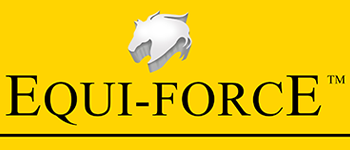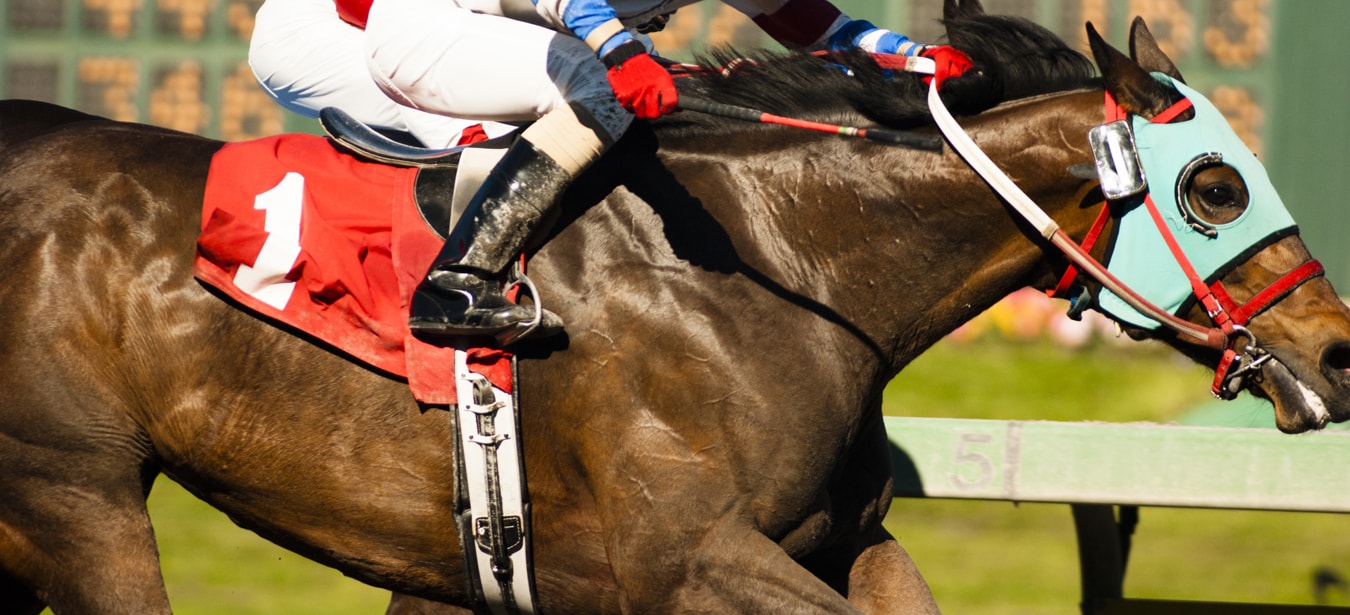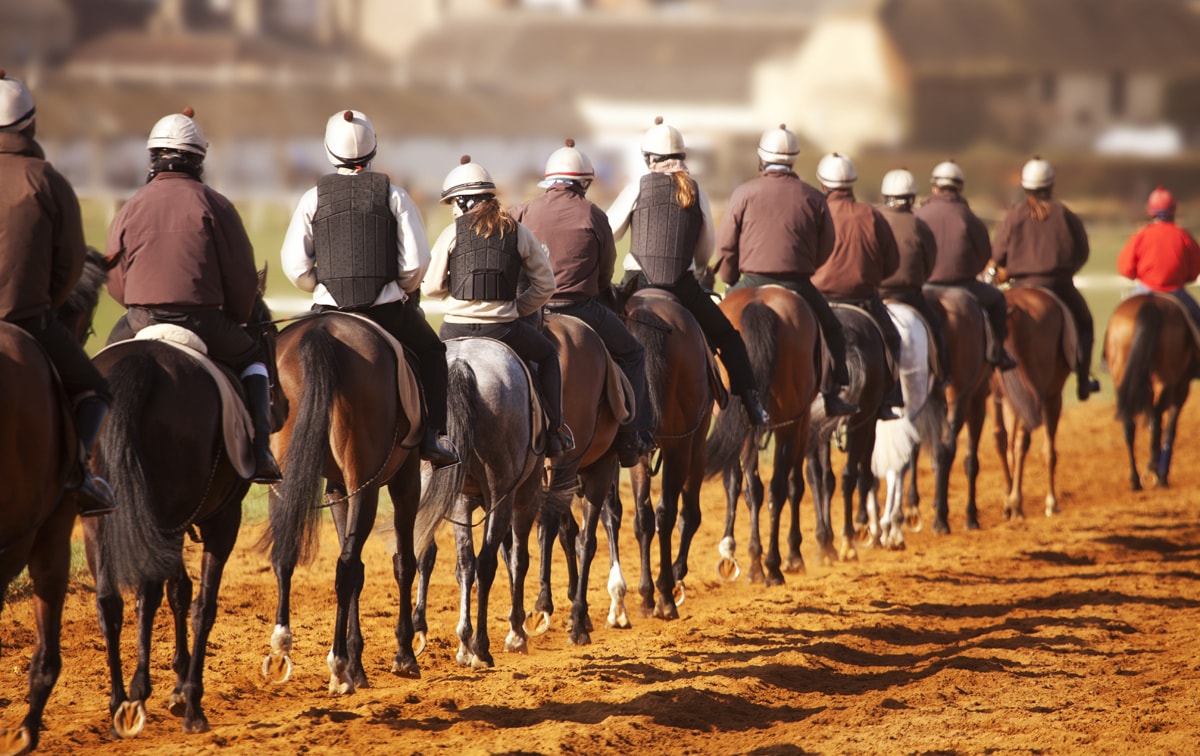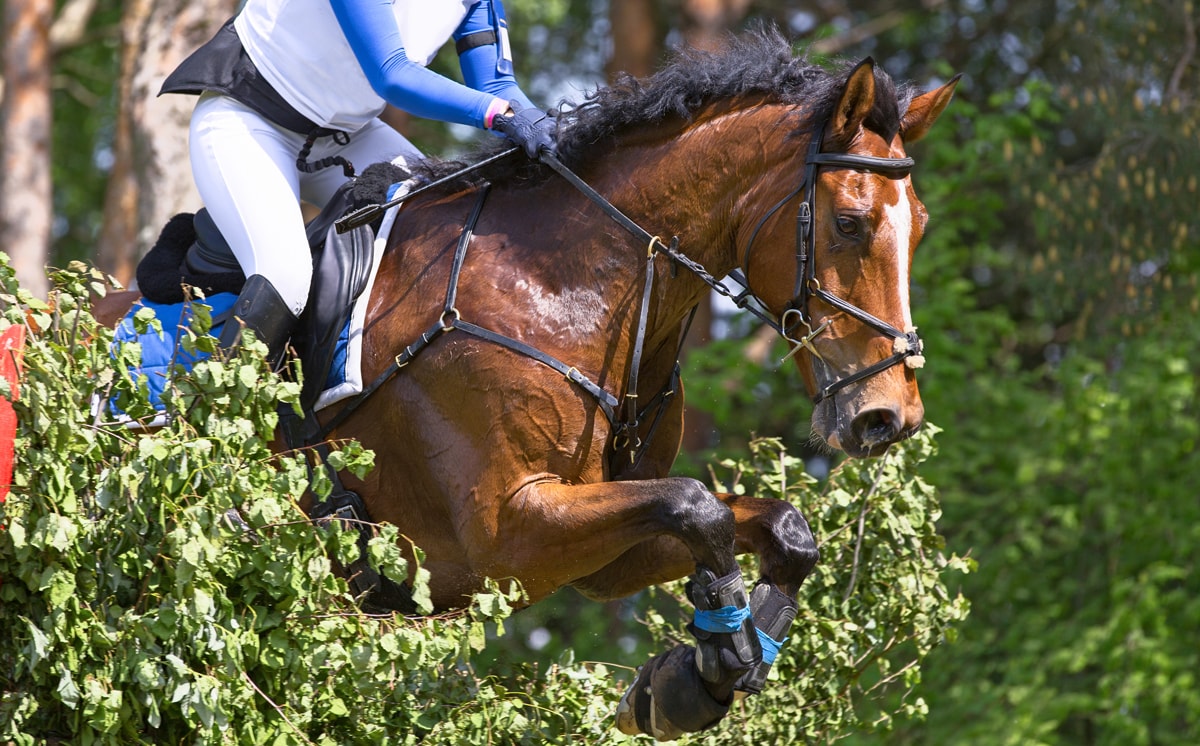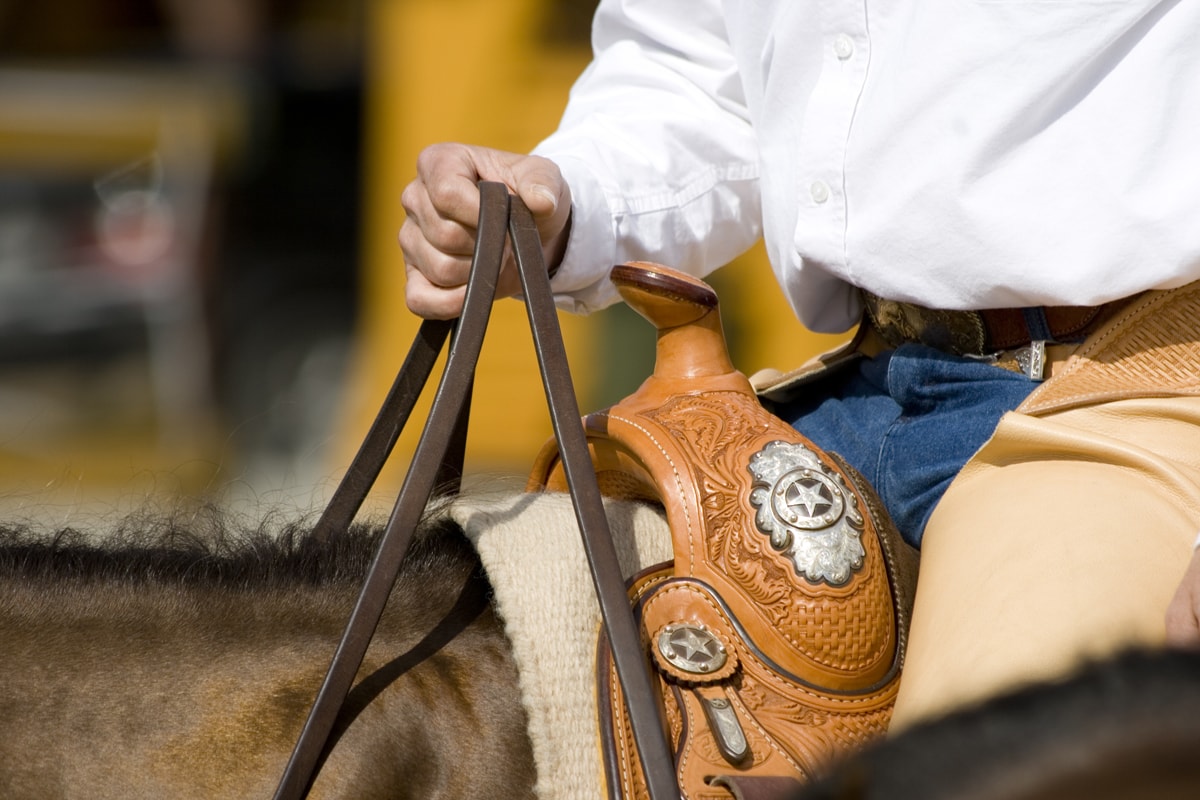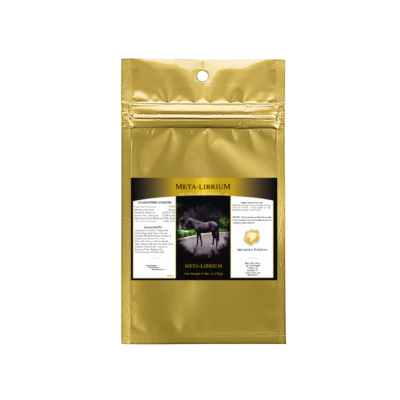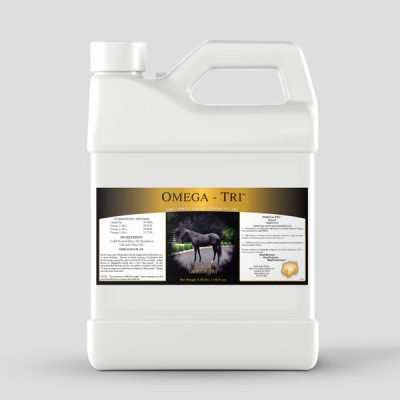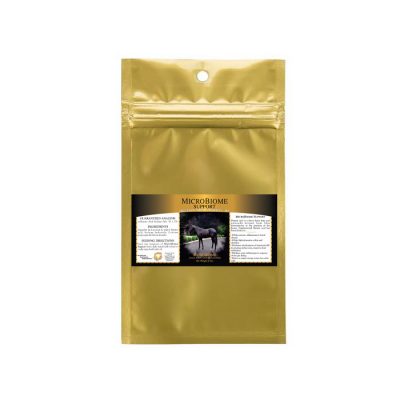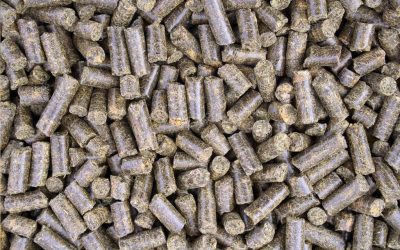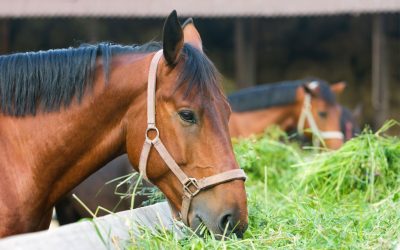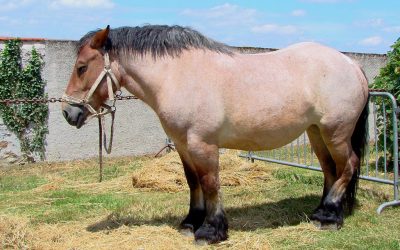Equine Nutrition Supplements for the Performance Horse
Renowned equine nutritionist Dr. Amy M Gill has formulated a line of nutrient targeted therapies for horses that are affected by growth, metabolic, exercise and immune disorders by providing them with targeted levels of specific nutrients. Equi-Force products are novel, proprietary formulations based on solid clinical and field research. Dr. Gill’s formulas contain therapeutic dosing and when used correctly, will help exert a positive physiological effect by providing the raw nutrients the horse needs to get and stay healthy.
ALL EQUI-FORCE PRODUCTS NOW WITH FREE SHIPPING!! Puerto Rico, Alaska Hawaii and Canada order will require some additional shipping. Please call us AT 859.229.2447 for assistance if you are ordering from those states. Thank you!
Featured Products
-

Phone Consultation with Dr. Amy Gill
$225.00 -
Sale!
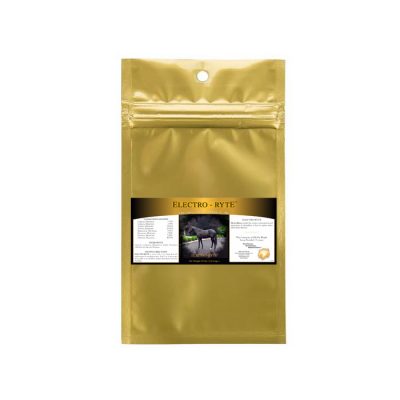
Electro-Ryte – Unrefined Salt Based Horse Electrolyte – 30 lbs
Original price was: $99.95.$94.95Current price is: $94.95. -
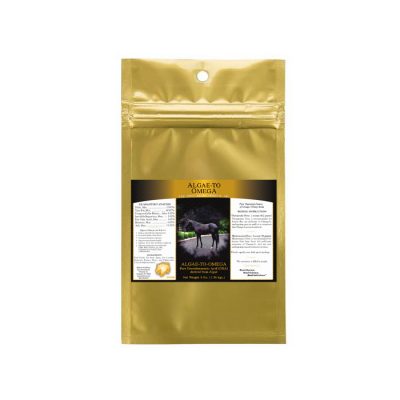
Algae-to-Omega – Horse Omega 3 Supplement from Algae- 3 lbs
$139.95 -
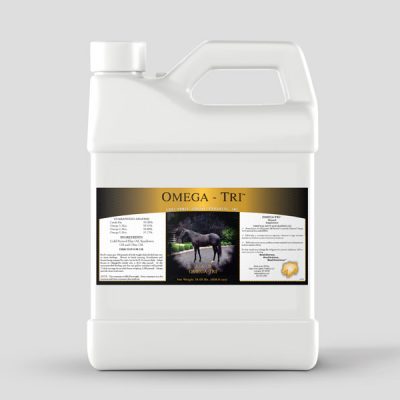
Omegatri – Horse Omega 3 Flax Oil Supplement – 1 Gallon with once ounce pump
$115.95 -
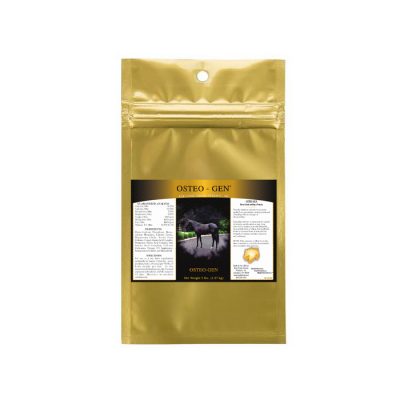
Osteo-Gen – Horse Bone Cartilage Building Supplement – 5 lbs
$79.95 -
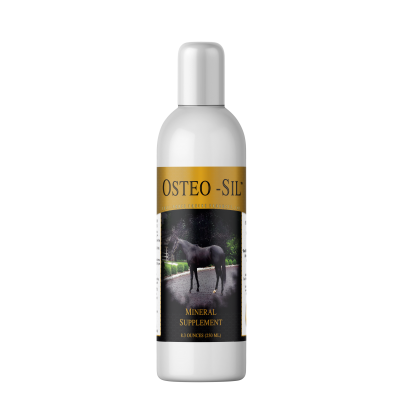
Osteo-Sil – 8.3 oz Horse Bone Cartilage Building Supplement
$79.95
Feeding Myths Debunked – Pellets & Beet Pulp
There are a number of myths and misconceptions when it comes to feeding the horse. Many traditional feeding methods have been passed from generation to generation of horsemen, and while some of these methods are still useful, many are outdated and even detrimental to the horse’s nutritional health.
Feeding the Finicky Equine
Feeding horses with a selective palate can become a frustrating matter, but horses that become particular about what they want in their feed tub are not uncommon. Horses that compete and train at levels that expend great amounts of energy can have trouble consuming enough feed to meet energy (calorie) demands. Older and recuperating horses also tend to back off their feed as well. In order to maintain your horse’s nutritional demands and overall body condition, well-organized feeding strategies become vital.
Feeding the Overweight Equine
Equine obesity comes with its fair share of complications, just as it does in humans. As discussed last time, organ failure, intolerance to exercise, laminitis, and predisposition to certain conditions are all unfortunate consequences of being an overweight horse. Insulin resistance, the body’s inability to store starch and sugar properly in the body, is also a very common side effect with overweight horses, which must then be treated for the entirety of the horse’s life.
